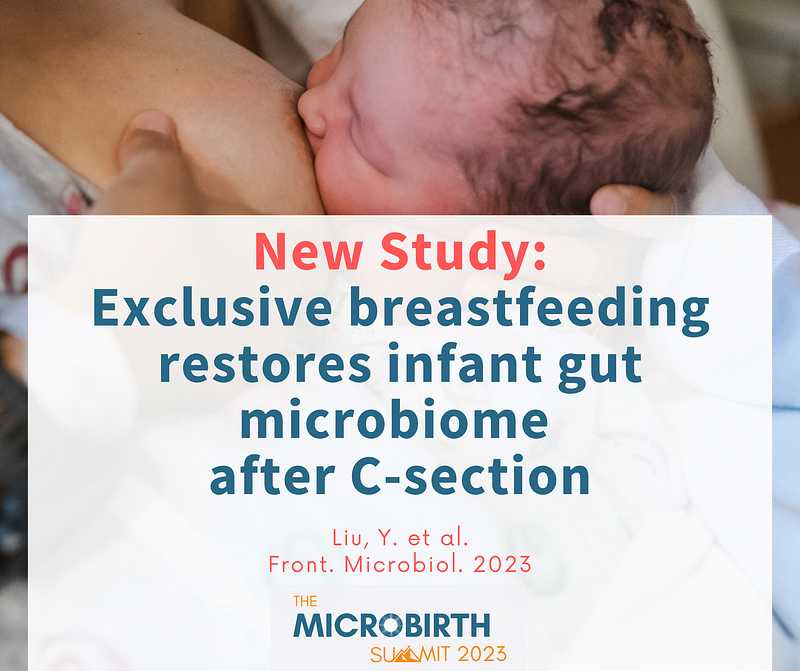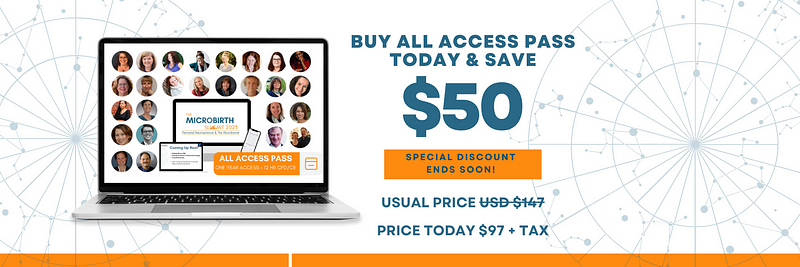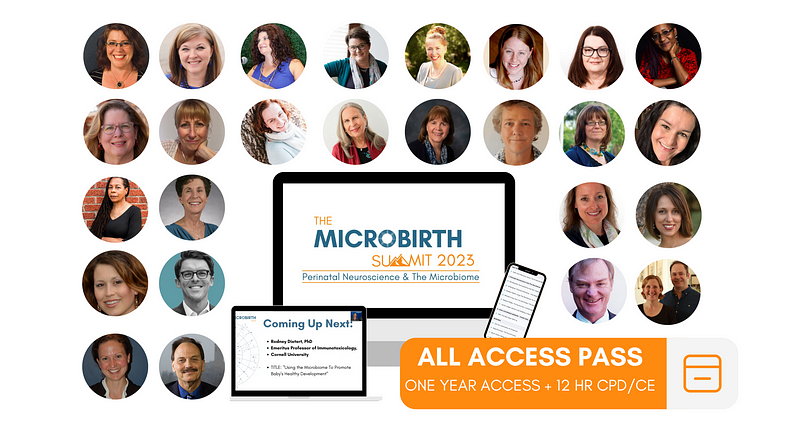Exclusive Breastfeeding's Role in Restoring Infant Gut Health
Written on
Chapter 1: Understanding the Study
Recent research has shown that exclusive breastfeeding can help restore the gut microbiome imbalances linked to babies born through C-section. This significant finding emphasizes the critical role of breastfeeding, particularly for C-section infants.

The study underscores the pressing need for enhanced support for mothers who deliver via C-section to initiate and maintain breastfeeding. My personal experience as a mother who faced challenges with breastfeeding post-C-section reinforces this sentiment.
This research primarily explored two key factors impacting an infant's gut microbiome:
- The method of delivery (vaginal vs. C-section)
- The feeding method during the initial six months post-birth
Section 1.1: Key Findings on Gut Microbiome
The findings confirm previous research indicating that infants delivered by C-section exhibit a distinct gut microbiome compared to those born vaginally. Furthermore, the study reveals that exclusive breastfeeding can effectively restore the microbiome changes associated with C-section deliveries.
Subsection 1.1.1: Impact of Feeding Methods

In scientific terms, this longitudinal cohort study conducted by Chinese researchers demonstrates that exclusive breastfeeding can reverse the "perturbations" in gut microbiota related to the mode of delivery. The study, led by Liu et al., was published in Frontiers in Microbiology on July 10, 2023.
Chapter 2: Study Design and Methodology
The researchers examined two intervals: 6 weeks and 6 months postpartum. Initially, 139 infants were involved, with 101 (73%) remaining in the study at the six-month mark. Stool samples were collected, and various maternal and infant factors were recorded, including:
- Maternal age
- Number of previous pregnancies
- Pre-pregnancy BMI
- Delivery method
- Infant sex and birth weight
- Feeding patterns (exclusive vs. mixed feeding)
- Incidence of respiratory infections during the first six months
This first video discusses how a baby's gut bacteria is influenced by their delivery method, highlighting the importance of understanding these microbiome dynamics.
Main Findings
At 6 weeks postpartum, the gut microbiome composition of C-section infants significantly differed from that of vaginally born infants. Specifically, the C-section group showed:
- Reduced levels of Bacteroides and Escherichia-Shigella
- Increased levels of Klebsiella, Veillonella, and Enterococcus
By 6 months, those exclusively breastfed exhibited similar gut microbial profiles as their vaginally born counterparts.
The second video features William Davis discussing microbiome strategies for age-reversal, providing insights into how gut health impacts overall well-being.
Additional Insights: Respiratory Health
The study further revealed that changes in the gut microbiome due to C-section delivery were correlated with an increased risk of respiratory infections during the early months of life. However, exclusive breastfeeding appeared to alleviate these risks, promoting healthier gut microbiota and reducing susceptibility to infections.
The researchers concluded that exclusive breastfeeding offers a protective health benefit by restoring gut microbiota imbalances caused by C-section deliveries.
Takeaway Message
The implications are clear: we need to prioritize funding for research into human milk, enhance support systems for C-section parents, and elevate public awareness regarding the critical importance of exclusive breastfeeding for infant microbiome health.
The Microbirth Summit 2023:
This summit features 28 speakers and 12 hours of invaluable learning, including masterclasses on topics such as perinatal neuroscience and the infant microbiome. You can gain access to a wealth of knowledge regarding the science of birth and breastfeeding.

Science Reference:
About the Author
I am Toni Harman, an advocate for evidence-based information about the microbiome, pregnancy, and breastfeeding. I invite you to connect with me on social media and support my work on Medium.